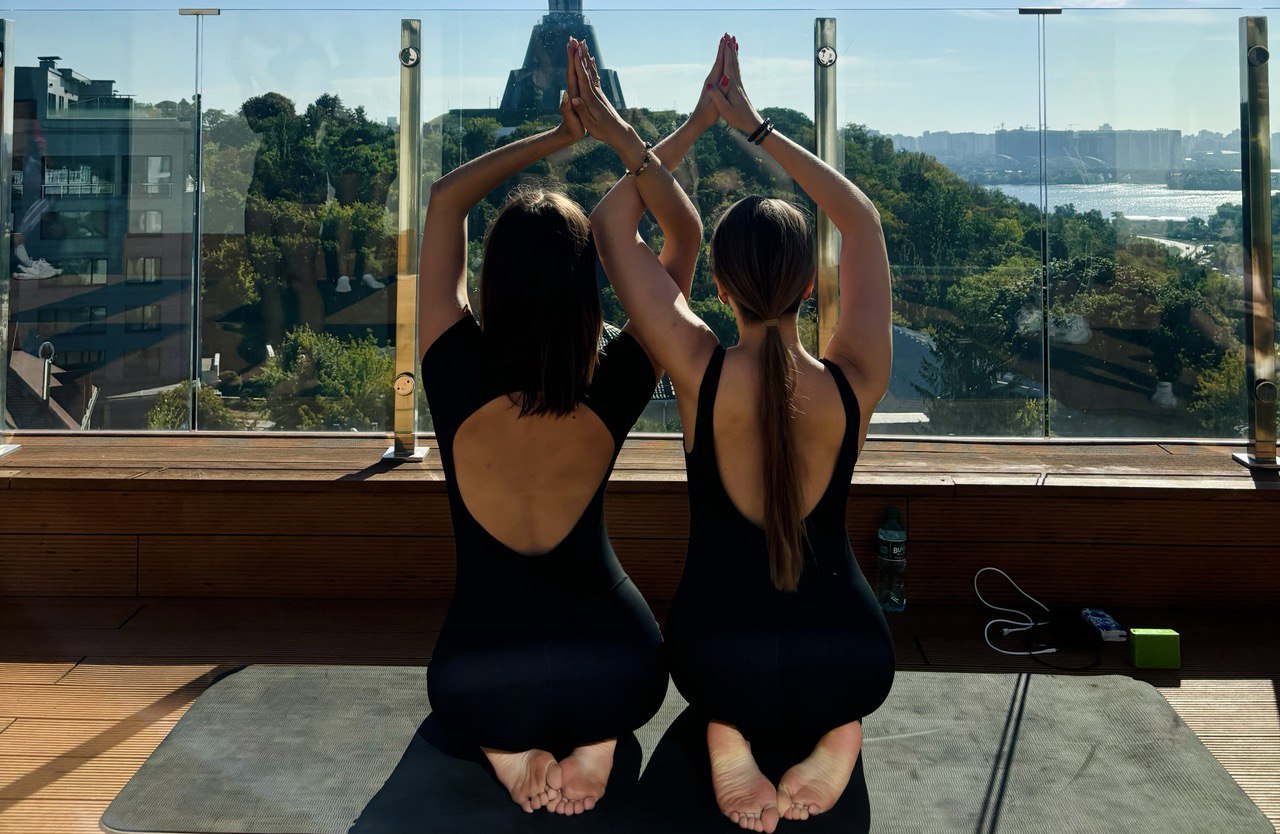Karma yoga is one of the types of yoga that each of us practices every day. Adding a little mindfulness to this practice is enough, and karma yoga can change lives. We will tell you what this type of yoga is based on and why you should practice it.
Karma yoga means performing any action without expectation of praise and focusing on the result. In Sanskrit, “karma” means “action” and depends on a person’s actions in past, present, and future incarnations. In yoga, karma is interpreted as a selfless way of serving others.
Karma yoga is considered one of the most practical and effective means of spiritual development. It was first described in the Bhagavad Gita, a Hindu scripture consisting of 700 verses dating back to the fifth to second centuries BC. In the Bhagavad Gita, karma yoga is one of the most accessible ways to get rid of suffering, self-realization, and connection with higher powers. The text emphasizes the importance of selfless actions performed from the heart with full understanding and awareness.
In today’s world, where most of our actions are aimed at results and benefits, taking actions without expecting any return is either nonsense or a very rare phenomenon. So why practice karma yoga in everyday life?
Responsibility
Each of us carries a burden of responsibility and duties that not only need to be fulfilled efficiently but also need to be met. Karma yoga suggests that when accepting any responsibility, you should first of all take care of your own condition, both physical and mental. In other words, when you perform any task, check how you feel.
Ego
The ego is our perception of ourselves and others. The more we think about what we can get and what we can give in return, the more we focus on ourselves and lose touch with reality. Karma yoga allows you to be attentive, take care, fulfill your duties and do something, let go of thoughts about the consequences, and just work. This is the main goal of karma yoga – to control your ego to eventually let it go.
Without emotions
This is the hardest part – doing anything without emotional attachment. Of course, the easiest thing is to do what you like. But by detaching yourself from emotions while doing everyday tasks, such as washing dishes or sorting through your closet, you simply get through the routine. Without feelings, attachments, or rewards.
Expectations
Speaking of rewards. Karma yoga is based on the fact that we take care of our loved ones, do our job well, clean our apartment, and help strangers not in expectation of reward and praise, but out of a sense of duty. That is, we do what we need to do, not to get a bonus.
Questions for deep reflection
It is important to check and reflect on your intentions and attitudes throughout your practice. Asking yourself: “What’s in it for me?” will help to eradicate any selfish motives. Here’s a list of other questions to help guide and improve your karma yoga practice:
- How can I share my gifts and talents with others?
- What would be most beneficial to this person or organization?
- What is most needed now?
- Who needs help the most?
- When do I have the most free time or find it easier to help others?
- For whom or what do I feel the most compassion?
- What are my motivations and intentions for providing this help?
- What actions are best for all people around the world?
- Are my actions respectful and considerate of others?
- Are my actions kind, loving and generous?
- How does my heart feel when I do this work?
Karma yoga is a powerful way to expand your spiritual path. Instead of limiting yourself to need and desire, you can create freedom, lightness, and joy through selfless actions. If we focus on being genuinely kind to everything around us and consider how our actions affect each other, we will slowly become better people and move closer to enlightenment.
The practice of karma yoga allows you to separate from the materiality of the world around you and feel the virginity that remains in it, the purity and the present moment. The ability to abandon expectations and goals while doing ordinary work, most often related to cleaning up, allows you to ground yourself, slow down, and for a moment abandon thoughts about what has been done and what is yet to be done. By living in balance with your emotions, responsibilities, ego, and expectations, you can look at the world around you from a new perspective and perhaps re-examine yourself in it.
Spread your love and kindness to the world 🤍
Namaste 🙏
